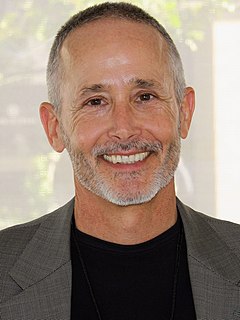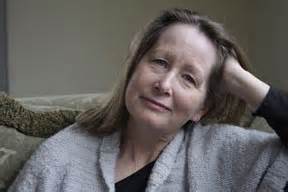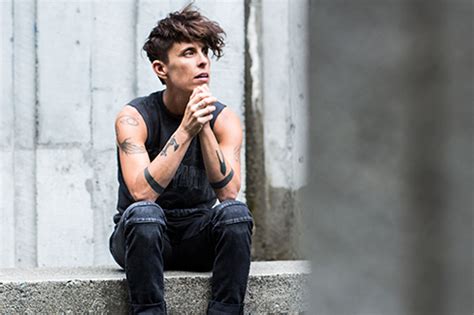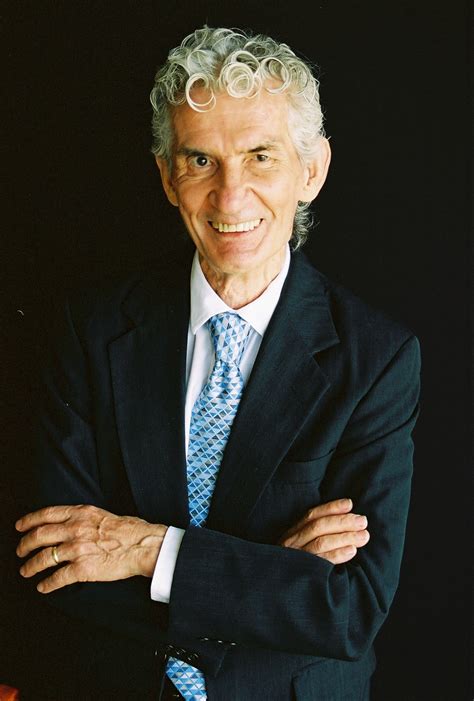A Quote by Sam Lipsyte
Write what you know. Write what you don't know. But most of all, write what you'd rather not know.
Related Quotes
Not write what you know, but know what you write. If you write about a world before, after, or other than this one, enter that world completely. Search it to find your deepest longings and most terrible fears. Let imagination carry you as far as it may, as long as you recount the voyage with excitement and wonder. But this is the most important rule: write the book you most long to read.
I write about the power of trying, because I want to be okay with failing. I write about generosity because I battle selfishness. I write about joy because I know sorrow. I write about faith because I almost lost mine, and I know what it is to be broken and in need of redemption. I write about gratitude because I am thankful - for all of it.
The most common thing I find is very brilliant, acute, young people who want to become writers but they are not writing. You know, they really badly want to write a book but they are not writing it. The only advice I can give them is to just write it, get to the end of it. And, you know, if it's not good enough, write another one.
I know this is going to sound very self-serving, and I apologize for it, but if you can write comedy, you can pretty much write anything, because it's the hardest. It's the most technically demanding, the most precisely evaluated form of writing. People know if it works or not. There's a big button marked 'fail,' and that's when nobody laughs.






































